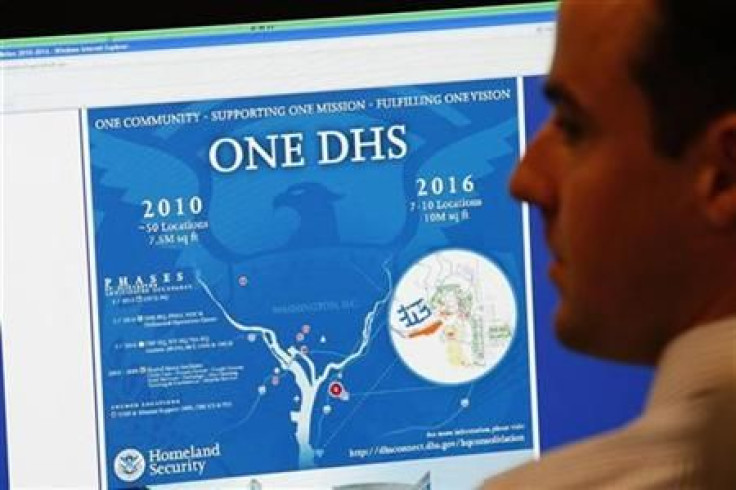Obama Proposes Cybersecurity Campus To Get Tough On Digital Criminals

Terrorism, fraud and espionage have all gone digital. Now, United States President Barack Obama wants to create a new civilian cybersecurity campus to house federal experts from various agencies to collaboratively respond to these threats.
The president’s fiscal 2015 budget, released Tuesday, stated that cyberthreats are constantly evolving and that a “coordinated, comprehensive and resilient plan for protection and response” is needed to stay ahead.
What this proposed campus would do is to “co-locate key civilian cybersecurity agencies to promote a whole government approach to cybersecurity response.”
Speaking to reporters on Tuesday, Dan Tangherlini, administrator for the General Services Administration, said his agency is seeking some $35 million to fulfill Obama’s wish to have a 650,000-square-foot campus constructed. It will house experts from agencies such as the Department of Homeland Security and the Department of Justice.
The president is heavily funding cyber initiatives across the Justice Department and Homeland Security. Obama proposed some $722 million for the Justice Department to fight cybercrimes and prosecute them. Homeland Security would also get $1.2 billion to conduct its cyber activities, which include but are not limited to:
-- $377.7 million for Network Security Deployment that includes programs that help DHS spot malicious traffic targeting civilian federal government networks and prevent damage;
-- $143.5 million for hardware, software and other services that support activities that strengthen the operational security of federal civilian networks;
-- $173.5 million to support the Immigration Customs and Enforcement agency’s cyber investigations that deal with areas like cyber economic crime, identity theft and child exploitation among other things; and
-- $3.9 million for U.S. Secret Service Cybersecurity Presidential Protection Measures, so that the Secret Service can audit, assess, and monitor critical infrastructure and/or key resources at protective sites that support a presidential visit.
© Copyright IBTimes 2024. All rights reserved.












